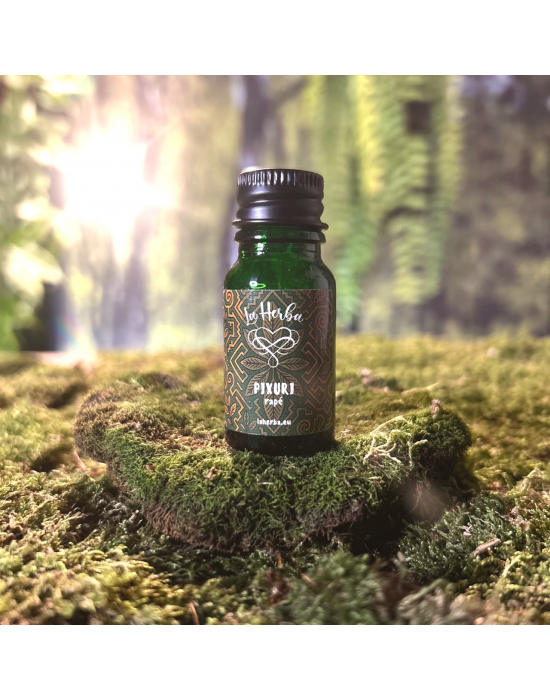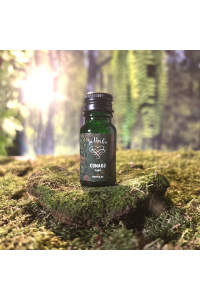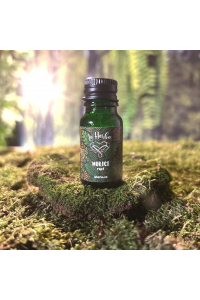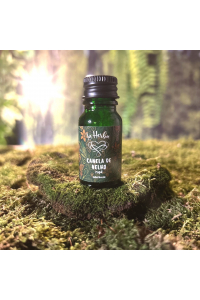Rapé Pixuri
Weight: 7 g
Tribe: Kuntanawa
Made in: November
Country: Acré, Brazil
Usage Incense
Pixuri Rapé is a precious Amazonian medicine, centered on the Murici tree bark ash (Byrsonyma Crassifolia), enhanced with the seeds and leaves of the Pixuri tree (Licaria puchury). This unique blend, traditionally processed by the Puyanawa and Yawanawa tribes, brings you deep grounding, tranquility, and a clear mind. Within every application is the ancient wisdom of the rainforest, designed for energetic cleansing and the restoration of inner balance.
Thanks to the synergy of its components, Pixuri offers not only immediate relief from fatigue and irritability but also a lasting sense of mental peace and focus. It is an ideal tool for moments when you need to switch off mental chatterand return to your state of presence.
Main Effects & Deep Benefits of Pixuri Rapé
Pixuri rapé is renowned for its calming and purifying properties that affect both the body and the spirit. It serves as a quiet aid for daily grounding and working with your inner space.
Key Effects You Will Experience:
-
Intense Mental Soothing and Relaxation: Pixuri seeds are traditionally used against insomnia and irritability. They bring rapid mental refreshment and a feeling of inner peace.
-
Energetic and Physical Cleansing: The sharply stinging and ticklish nature of this medicine quickly clears the respiratory tract and the head of negative thoughts. It acts as a catalyst to disperse stagnant energy.
-
Improvement in Focus and Clarity: Despite its calming effects, it enhances concentration and alert attention, making it ideal for meditation or creative work.
-
Traditional Support for Migraines: There is tribal experience using Pixuri for relief from severe migraines, pointing to its deep influence on the nervous system.
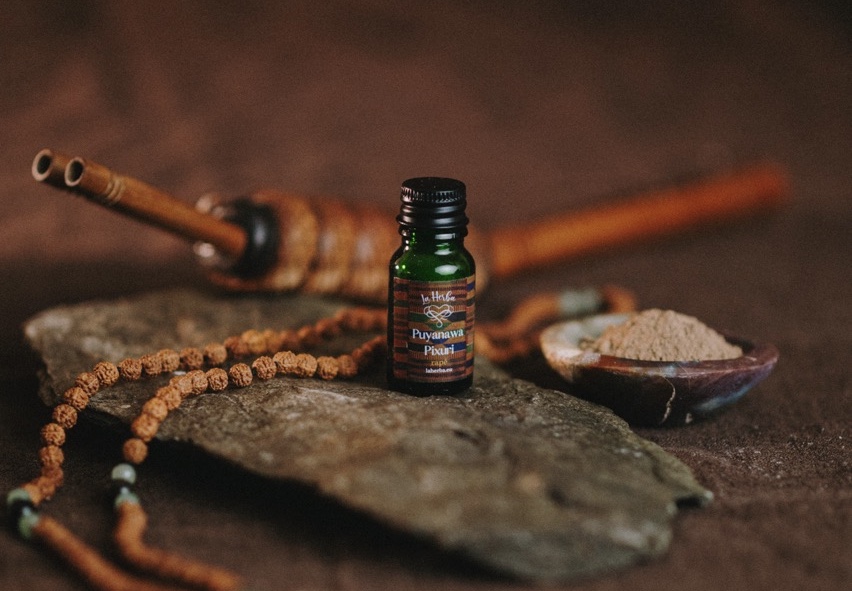
Chakra Connection & Energetic Influence (Nissum)
Traditional healers, the Pajés, understand that imbalance manifests on both physical and spiritual levels. Pixuri Rapépossesses a specific quality, called “Nissural”, which acts against a condition known as “Nissum”.
-
Nissum refers to spiritual pathological conditions or a heavy “matter” causing fatigue, spiritual obstacles, and general unrest.
-
The Nissural property of Pixuri helps to dissolve this burden, restoring balance and cleansing the energetic field. It is a tool for deep inner healing and the removal of blockages.
TIP: Eugenol, one of the key chemical components in Pixuri seeds, is known for its effects on NMDA receptors, which influence pain sensitivity. This explains its traditional use in relieving headaches and inflammation. It is proof of how natural medicine connects with modern science.
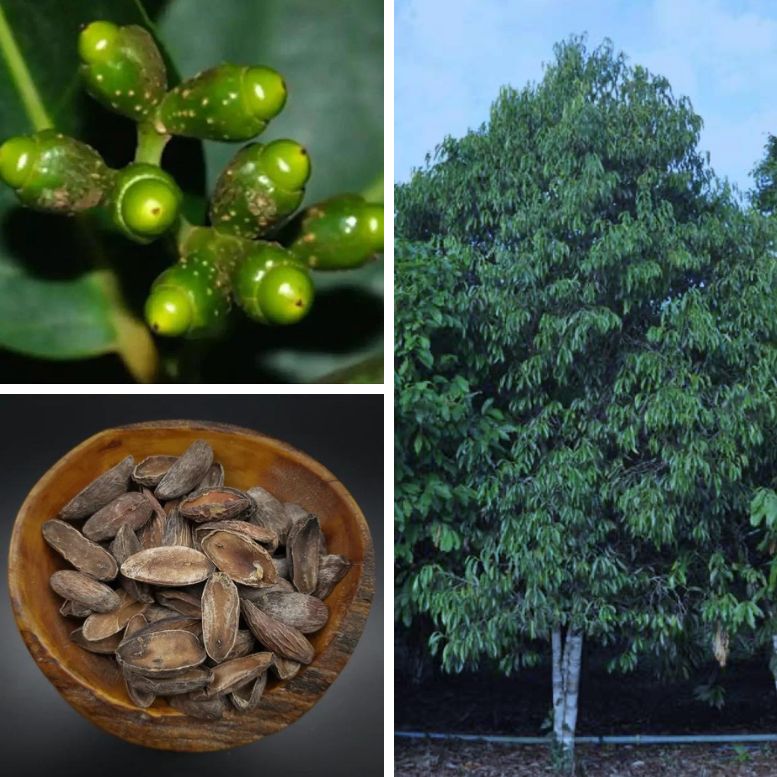
Why buy from La Herba?
• Freshly prepared blends sourced directly from trusted indigenous communities
• Ethically and respectfully harvested, with deep regard for tradition
• Produced in small batches, handcrafted with intention and care
• Supporting indigenous knowledge, fair trade, and cultural continuity
• Stored under optimal conditions to preserve freshness and quality
• A trusted European source for authentic, premium ethnobotanical products
Complementary ritual tools & botanicals
In our collection, you will also find traditional Rapé applicators such as Kuripe and Tepi, fresh Sananga drops, Mapacho, and Palo Santo smudging wood — a beautiful complement for ritual space cleansing.
For heart-opening ceremonies, we offer Ceremonial Cacao Chuncho from Peru, and for daily vitality, energizing Wayusa tea from Ecuador.
Shipping & payment
• We ship across Europe, the USA, Canada, and selected international destinations
• Delivery to home address or convenient pick-up points
• Secure payments processed via Comgate payment gateway
Haux e mta alegria!
ETHNOBOTANICAL SAMPLE – COLLECTIBLE ITEM
This natural product is offered exclusively as an ethnobotanical sample for ethnographic, historical, cultural, educational, and research purposes.
It is not intended for ingestion, inhalation, smoking, or any form of internal or medicinal use.
Handling and use are entirely the responsibility of the purchaser.
Further details can be found in our Disclaimer.
So far no comment has been inserted.


